Patrick Shiroishi is a multi-instrumentalist and composer based in Los Angeles. He is known for his solo work as well as numerous collaborations with other artists. He is perhaps best known for his solo saxophone playing (with guitar pedals and loopers) and for his multitracked saxophone recordings, such as his 2021 album Hidemi. Among the twenty-three albums under his name listed on his website, fourteen are solo albums with no collaborators, and nine involve collaborators in some way—working with composers, poets, and other performers. Forgetting is Violent is Shiroishi's latest entry that includes significant collaboration with other people on the music itself.
The album as a whole is a dirge—somber and mournful music that reads like a noise-driven funeral mass for lives degraded and lost to the effects of racism, especially that of Asian communities in the United States. Shiroishi's aunt Jo Ann Shiroishi speaks about her experience on track three, "...what does anyone want but to feel a little more free?" She says, "...if you don't speak out, then racism becomes as a crippling poison." This is an appropriate thesis statement for Forgetting is Violent, a sonic combat that eulogizes and fights back against hatred.
In contrast to the overall project, Shiroishi's saxophone sound is sweet, lyrical, breathy, and smooth. Whether playing intensely with chromatic melodic extensions or pulsing with nostalgic vibrato, his sound is distinctive and alluring. The texture of the album ranges from reverb-soaked ambient electronics to rich waves of distortion and noise, always with Shiroishi's saxophone setting the tone and expanding the world of the music. I spoke with Patrick from his home in Los Angeles, where we discussed the communal roots of the album, his creative process, and making art that is aware of the current political moment.
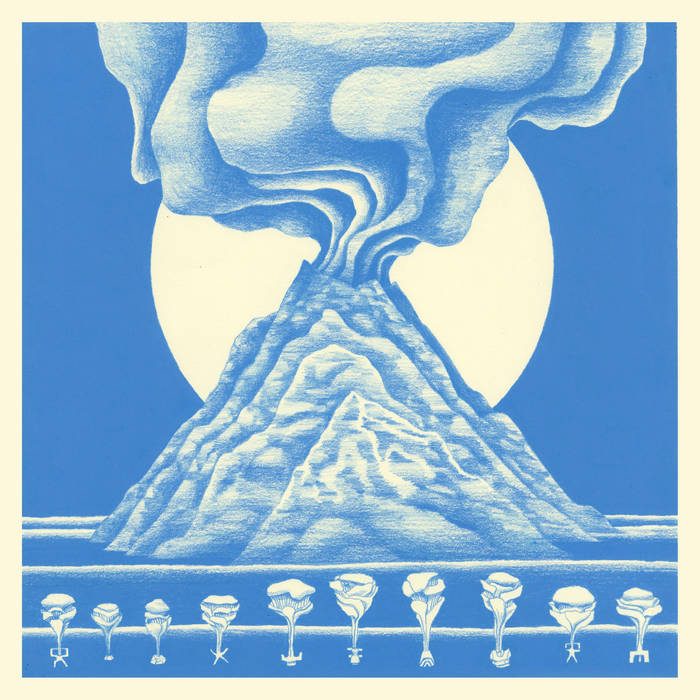
Chaz Underriner: To me, the album as a whole is about transcending the worldly experience and nirvana or oblivion, a progressive experience. So I'm curious if you relate to that idea with the record. And I'm also curious if that relates to Buddhism or any particular spiritual practice for you?
Patrick Shiroishi: Totally. I grew up in a kind of Buddhist temple. My grandfather, who I never met, on my father's side, was a deacon. He was the subject of Hidemi. And his name is Patrick, who I'm named after. He was heavily involved in this temple and in the Japanese community here in Little Tokyo [in Los Angeles]. When I was born, we would go to the temple every Sunday.
My parents were pretty involved, too. They knew all the reverends, and they would do translations for some of the sermons. And my aunt still does a lot for the church; she's also a deacon. I feel like Buddhism as a whole is more like "these are parameters you should consider living your life in,” and you should have appreciation. It's more about appreciating things—like appreciating the sun and your ancestors. And when I was young, I was like, "OK, cool, whatever." But I think it really stuck in there, and I feel like a lot of my solo work, even though some of it has been pretty angry or sad or about a lot of stuff that I'm processing in real time, does have a lot of appreciation and callbacks to my family. Hidemi was for my grandfather, Evergreen was me visiting and taking field recordings of the cemetery that a lot of my family is buried in, and a lot of callbacks to all those things.
This record was written over the course of multiple years, where the music comes in waves for me. There will be a lot of lulls, followed by a creative wave where I figure out what I’m going through, what I want to express, and how to do it pretty fast. So Descension was what happened when Trump got elected, and then it was very fast; it was recorded over a weekend, pretty much in one take. Set up, do it, tear down. I was too young to hear silence, that was all one night in a parking garage. But this record was developed over a long period of time; I don't know why it happened that way.
But I feel that, in that sense, it pulls from many things I'm interested in developing. So I think there's a lot of sounds and silence, and it's like a macro lens instead of a micro lens, both in terms of sound and in terms of a conceptual kind of subject matter.
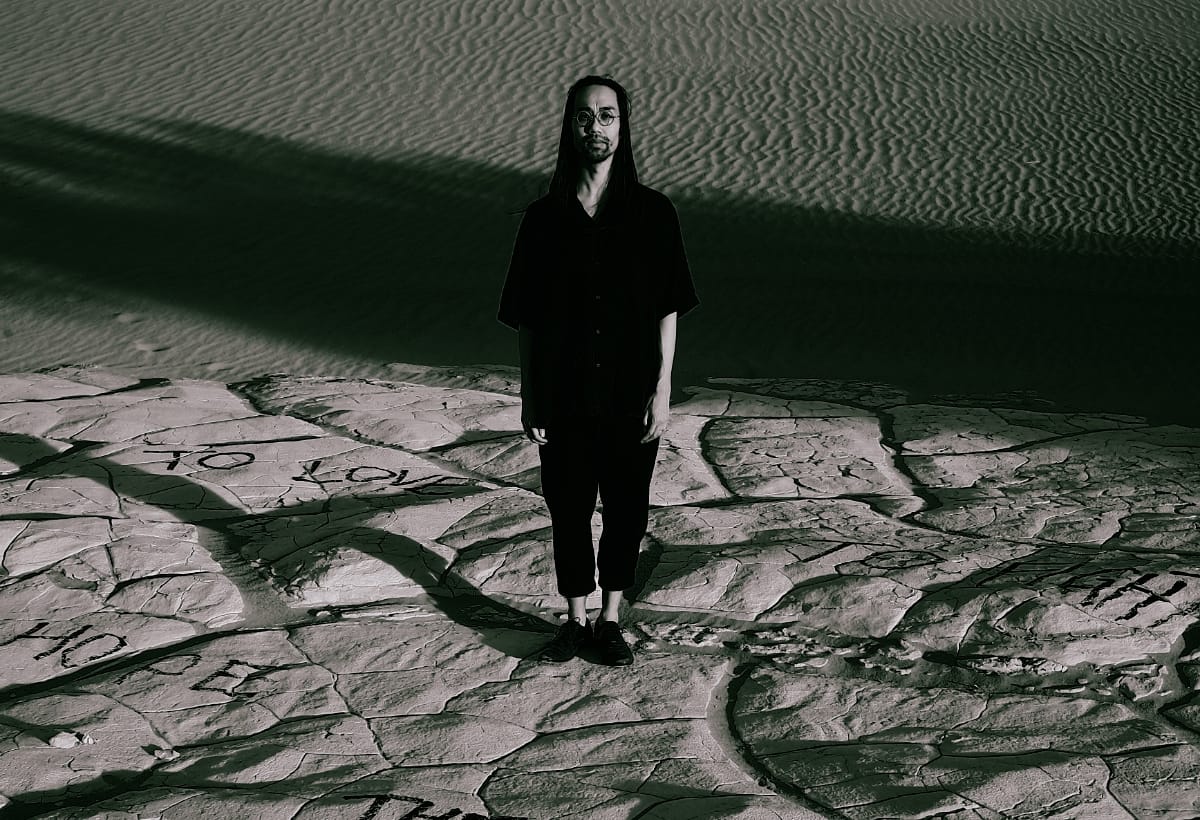
Chaz: As I listened to the album, I heard this suite of two compositions with an interlude. And I was curious about why you decided even to have different tracks for the different parts of the compositions, and how you were thinking about the overall structure. Now that I know it took you longer to compose it, that makes sense to me because it really seems like one broad work.
Patrick: I think, as far as it's possible, it should be consumed in one sitting. If anyone's going to listen to the album for the first time, hopefully for the first sitting, they're just in their living room, maybe they'll have a glass of whiskey or whatever their drink is, and just be present with it. But I think I'm not Godspeed You! Black Emperor or Pauline Oliveros, where I could do a thirty-minute song. I feel like, consumption-wise, it made sense to have these little dividers.
Chaz: And you can make singles out of them.
Patrick: Which was a whole other problem. The second single has a lot happening in it, but I think it makes the most sense when it's within the suite rather than by itself. It was difficult to decide and figure out, and also, there are some lyrics and singing this time around, but for the most part, in my music, that doesn't happen. So titles are a different way of giving guidance or adding something to the music.
Chaz: With live performance, are you planning on performing the whole album?
Patrick: I'm going to try and do the two suites and try my best to recreate everything live. If possible, I might have friends add things in, like the guitar distortion at the end. I'm doing a couple of headline shows, which are the first I've ever done, so I'm excited for that. But I developed most of these on the road. I've had the privilege of opening for different types of bands, and in the past, when I had more time, I thought, OK, I'm going to try to develop something for this audience or something in that vein where I can get their attention.
So I opened a couple of dates for Godspeed You! Black Emperor, which was amazing. The seeds of the first suite came while opening for them around five years ago. I think the second one was from opening for SUMAC. They're an avant-garde metal band, I think the best in the genre. But I was just trying to figure out: "How can I grab the audience's attention?" So that was getting the seeds and planting them. And then from there, I was questioning, "What am I trying to say, exactly?" And then I shaped it and developed it some more. I think I've always had the idea of it being two longer pieces, which is great for this environment of streaming and people's attention (laughter).
So originally it was supposed just to be the two suites, and as I was developing them, the first suite was five minutes shorter than the second one. And they're also two pretty different, heavy things. So, I decided to do the fourth track last, and I think it does its job as a transition piece, standing on its own and being very different. There's no saxophone in there. But I think it's essential to the record itself.
Chaz: Yeah, it steps away from the first three tracks in a meaningful way while still connecting with them clearly and sets you up for the next suite. Talking about the saxophone, in the press kit, you mention Paul Desmond and Ornette Coleman, which I thought was interesting as reference points for your playing. Obviously, they're some of the most famous saxophone players of all time. But to me, I hear your tone as very sweet and very clear.
Patrick: You do hear it as sweet?
Chaz: I do, yeah.
Patrick: Thank you! If I could even sound a fraction like Paul Desmond... It's such a pure sound. Ornette has a pure sound, but in such a different way. Yeah, Paul is top five for me, for sure.
Chaz: So in the album, you're combining acoustic elements like the close-mic'd saxophone and voice. Did you record some of the saxophone in your home setup? [Patrick has an Electro-Voice RE20 next to him]
Patrick: I did. Some of it was here. When I had my day job, and over a holiday week, my boss let me record in the rooms that we taught in since they have excellent acoustics. Otherwise, it was at home, and then all the guests recorded in their respective places.
Chaz: So to me, the saxophone recordings and the voice recordings, even though they're processed and multi-tracked, I hear those as on one side of the album and then all the guitar noise and electronics on the other side—I hear clear progressions from one to the other. So, how do you think about combining acoustic instruments with electric and electronic instruments in your music?
Patrick: In my solo practice, there have been two different ways, depending on the setting. The first way I'll approach it is with pure acoustic, and the second is with the saxophone through guitar pedals. I've been messing with that for almost a decade now, very slowly. At first, I just used a shitty distortion pedal and a loop pedal, but now I see what different timbres I can achieve. It's been a long process, as not all the pedals even track well with the horn. With guitar, you have a strong direct signal, and with the horn, I sometimes have a shitty clip-on mic and a mini mixer out to the board.
So, it’s been experimenting, trying stuff out, buying, and selling. But I figured out that they are just tools, and it's another way to see what you can accomplish, especially as a solo performer. So, figuring out, "OK, how do I make this thirty minutes interesting sonically? And how does that help what I want to say or need to say?"
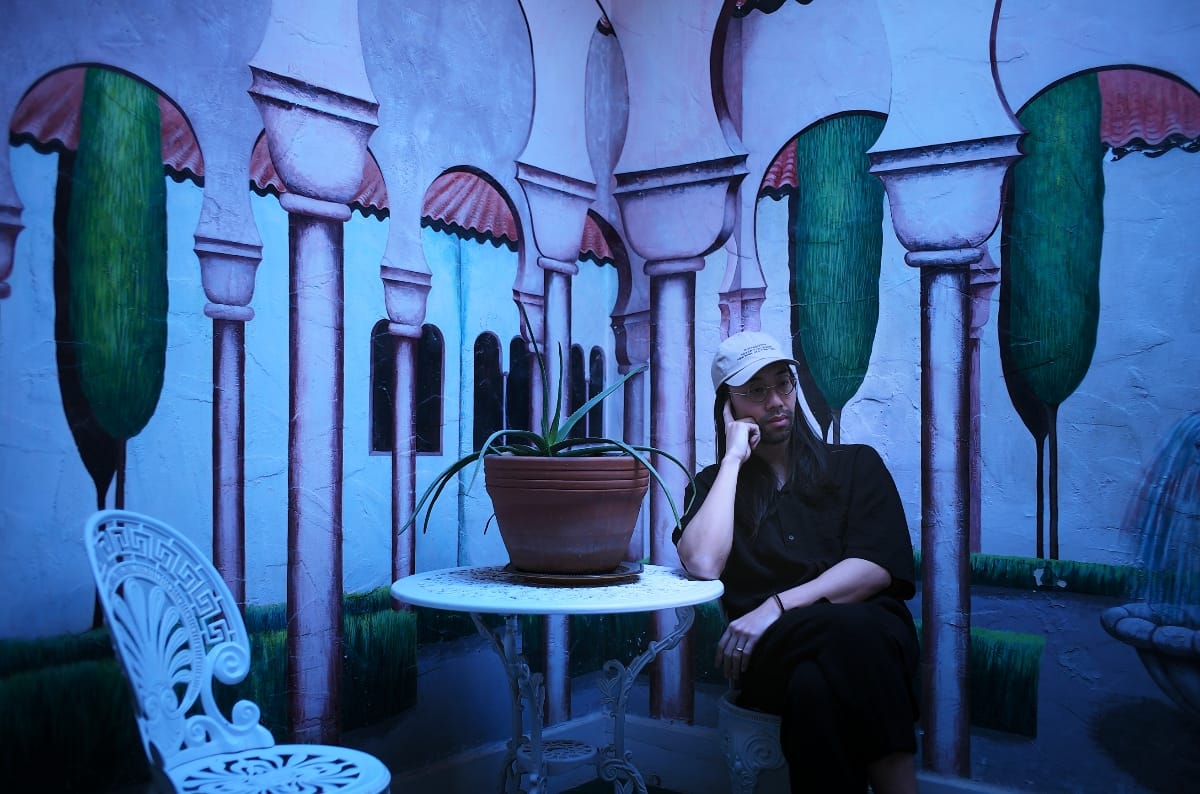
Chaz: So, were you using a lot of guitar pedals on your saxophone in the record?
Patrick: Yeah, there's a lot of looping that happens. There's a freeze situation for the drone and I use different high and low overtones to support the drone. And I had some distortion on the saxophone at the very end, right before the screaming. That was recorded a while back. And my distortion sound with the saxophone was pretty thin, but it cuts through Mat's distortion, which is so warm and sonically everywhere. I think it's a cool combination.
Chaz: You mention your collaborators, who all contribute a lot and really support the music. Can you talk about how you chose your collaborators and that process? Are you sending off files for them to work with?
Patrick: I'm just a huge fan of their work. Aaron Turner is in SUMAC and was in Isis. They were very influential when I was in college. And his partner Faith Coloccia is also a collaborator who's on a lot of his records, and her Mamiffer project is gorgeous and underrated by far. I thought it'd be very sweet to have them together on the record.
And then Gemma Thompson is in Savages, arguably one of the biggest bands when they were in their prime. Super sweet and a great improviser as well. Mat Ball, I mentioned earlier, plays in BIG‡BRAVE, who I think is one of my favorite bands. The way they compose their songs and the overtone they get, especially in a live setting. God damn, you feel that shit. And then Lane Shi Otayonii is a dear friend, who I think is just so powerful. Her command and what she can get out of her voice are special. I got to sit in with her a couple of times, and she didn't warm up; she just went in and bam, everything just spot on. Incredible tone, just going for it all the time, screaming her ass off. It was great.
So I have a lot of respect for all these musicians, and I'm lucky to be able to call them friends, but this was the first record that I've had collaborators on, musically at least. Everyone lives far away—Mat lives in Montreal, Lane now lives in Berlin, Gemma lives in New Zealand, and Aaron and Faith live in the Pacific Northwest. And so I sent them files of the tracks and just said, "I want you to do what you do." There are no real parameters except around this timestamp area. I didn't edit anyone; they sent it back to me, and it was perfect. Mat sent me four tracks of distortion for the end, and he said, “Use whichever one you want." I used all of them, which I could tell was the correct response. All four going in—mixing engineer, good luck!
Chaz: It's well mixed, too—the mixer did a good job.
Patrick: Thank you, that's my dear friend Felix Salazar. He's mixed and mastered a lot of stuff for me. He's just a gem. Shout out to Felix.
But yeah, everyone did the thing, and it was just perfect. I'm very grateful to them, and I think having that respect and trust in them goes some way. Like I mentioned earlier, they're all masters in their art, and why would you edit or tell a master what to do? I'm super grateful to all of them.
Chaz: Can you talk about the poetry and the text in the album? Obviously, we have your aunt, and we have this multi-layered thing of people speaking Japanese at the beginning. Can you talk about the poetry and the text in general? I’d also like to hear about the different uses of Japanese and English.
Patrick: I was talking with my aunt, and she is a forward-thinking activist, which I strongly relate to and admire. She's like my second mom, in a way. And I've had a lot of family involvement on a lot of my solo work. I've had my mom write poetry and recite it, and I had my dad and grandpa on the cover for Hidemi.
So I've been trying to find a way to incorporate her. I talked with her for an hour and recorded it on my phone. We had a conversation pretty soon after 2020, when there was a lot of racism against Asian people, and just talking about that and how I experienced a lot of racism growing up. She was a high school counselor, and she saw a lot of stuff, whether it be with the kids or with the administration. So we used that.
In the beginning part of the suite [track one], it's a woman who survived the atomic bomb on Hiroshima, and it's her talking about that day. And it's her looped on top of herself. And I think that just her voice and the quality of her voice—you don't necessarily have to understand what she's saying. Then, when it's looped on top of itself, it induces some anxiety. It was an intentional decision not to start the record with saxophone, just this voice. This record is Forgetting is Violent, the whole thing is about how we can't forget what has happened because history repeats. Even now, there's so much to talk about, wars and bombs and the concentration camps that my grandparents on my father's side were held in.
Trump used the same grounds of a couple of sites to house the immigrants that he's arrested with ICE. That is just a repeat of what happened not too long ago. And I think just being aware of this shit is important. What I think, remembering these things, is: what happened to your ancestors? What happened to your family? What happened to you? Your partner? That shit is really important, and I think a core thing to keep with you.
Chaz: In these albums, you're talking about the memory of racism and all these things happening to Japanese Americans, to your family, but I'm also curious how it affects you. Would you be able to talk about the ways you've experienced racism?
Patrick: I think when I was younger, there were a lot of things, even in college, where at the time I didn't perceive it as a racist kind of thing. Thinking about it years later, I realized, "Oh shit, it was." I think for the most part, there hasn't been a lot of direct, awful shit. I feel like I'm lucky in the fact that the police have not messed with me, except for at protests. There was one time in New York, and I was approaching a cop, and he saw me and straight put his hand on his gun. And I was like, "Whoa, what?" Like, I'm just lost, dude. It was terrifying in the 2020s when all the Asian shit was happening, not only for me but for my family. I think we're lucky that my parents and my aunt live in pretty heavy Asian American communities. There was that shooting in Monterey Park, but for the most part, it was pretty tame. But I was scared for them still, just going out, because anything can happen to anyone at any time.
This administration has not been kind to people of color. This whole ICE thing is terrifying in the communities, and a lot of what’s happening, I feel like, is to divide people. It's black and white. Even what's happening in universities with the whole DEI stuff. You have to cut some stuff, and programs lose funding; even the arts are getting heavily affected. I feel like that's racism in a different way. And in my music, I'm addressing a lot of these things on this record in a more macro way rather than in a micro way. I think it's important to address all of these things that are concerning, and hopefully not forgotten, and that people are still fighting.
The end of the record is very loud, but it is hopeful. I feel like a lot of my records end that way, in a hopeful way, because yeah, there is a lot of shit, but I strongly believe in a better future for my children to live in, that the future is better than right now. And that they won't have to worry about the shit that my grandparents went through.
Check out more like this:
 The TonearmLawrence Peryer
The TonearmLawrence Peryer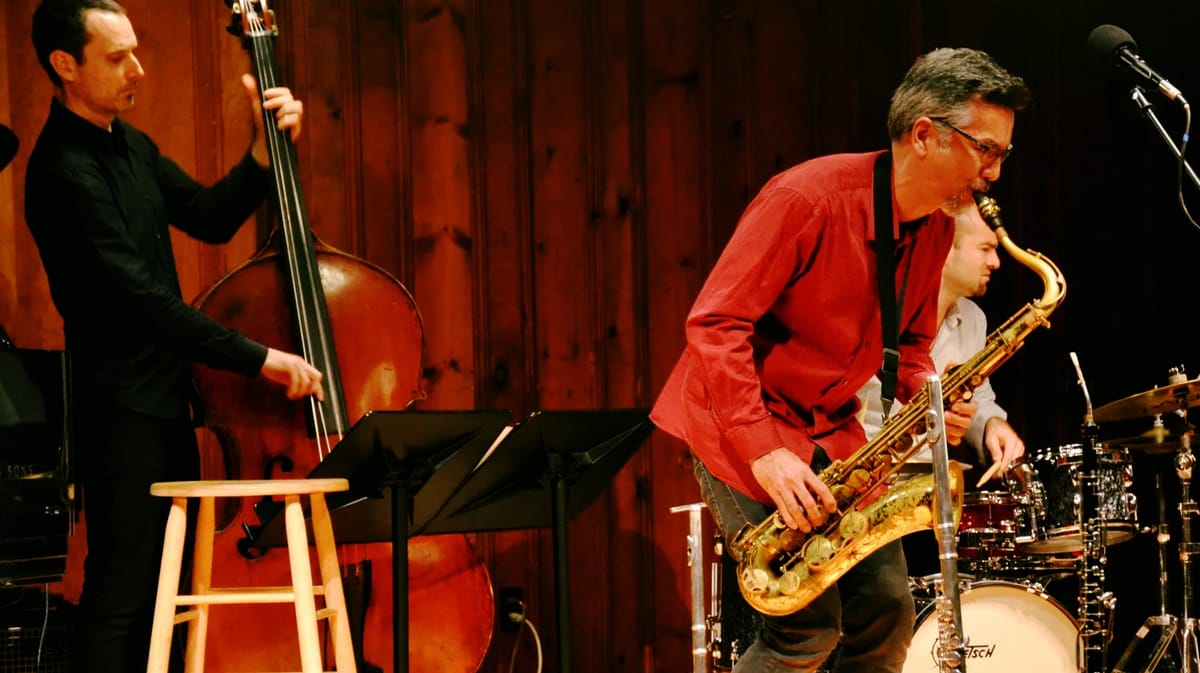
 The TonearmChaz Underriner
The TonearmChaz Underriner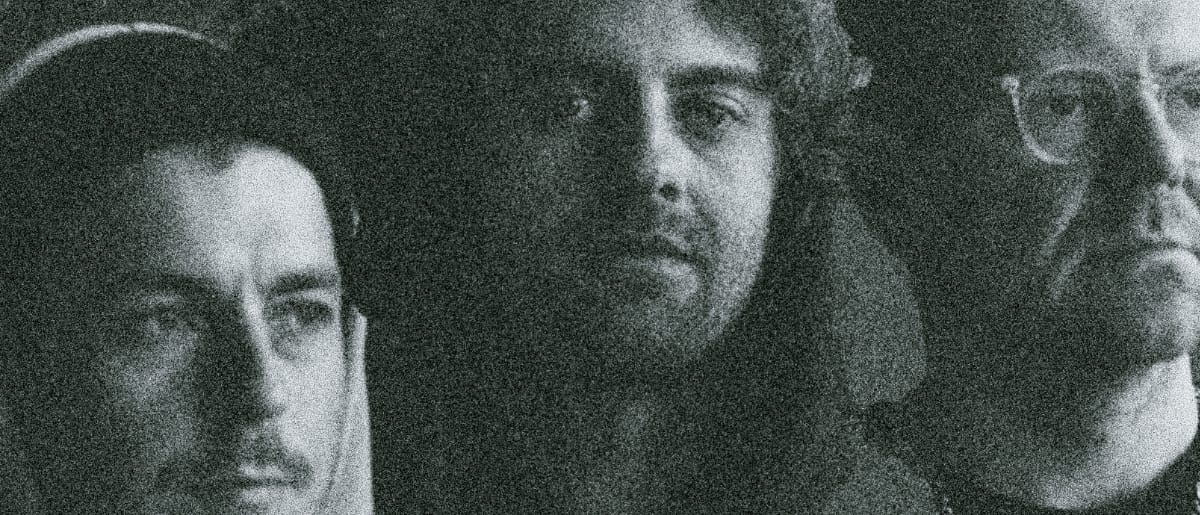


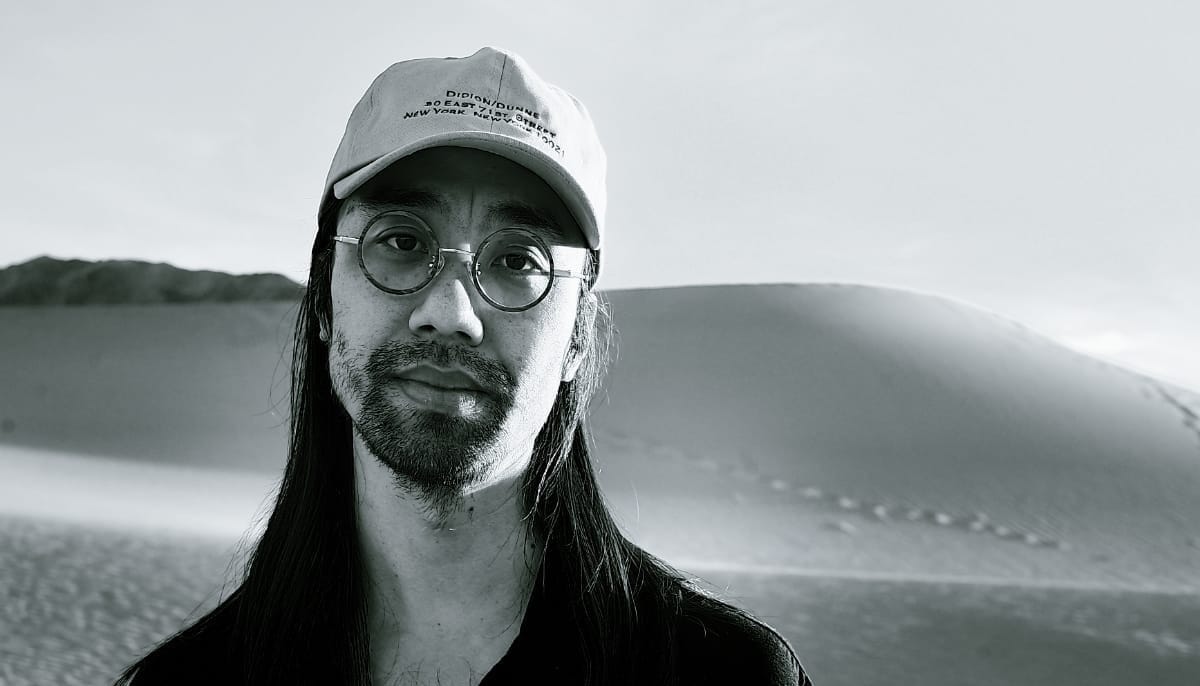

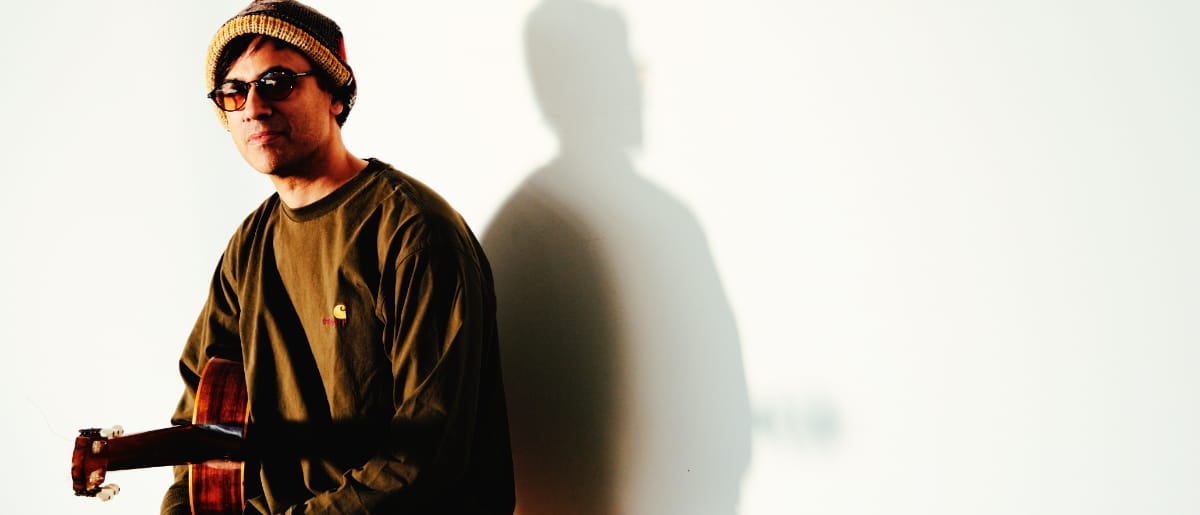
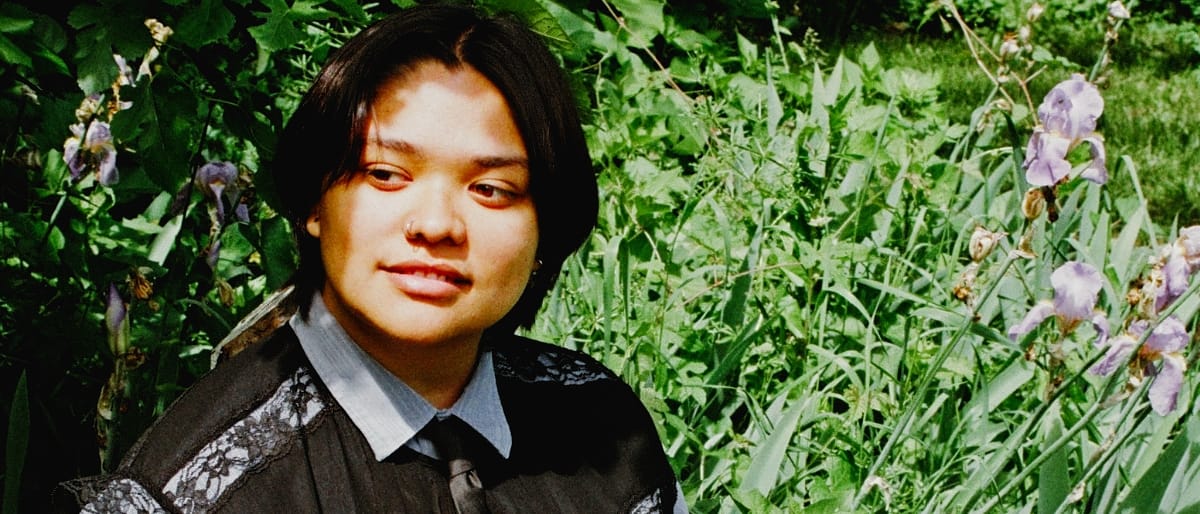
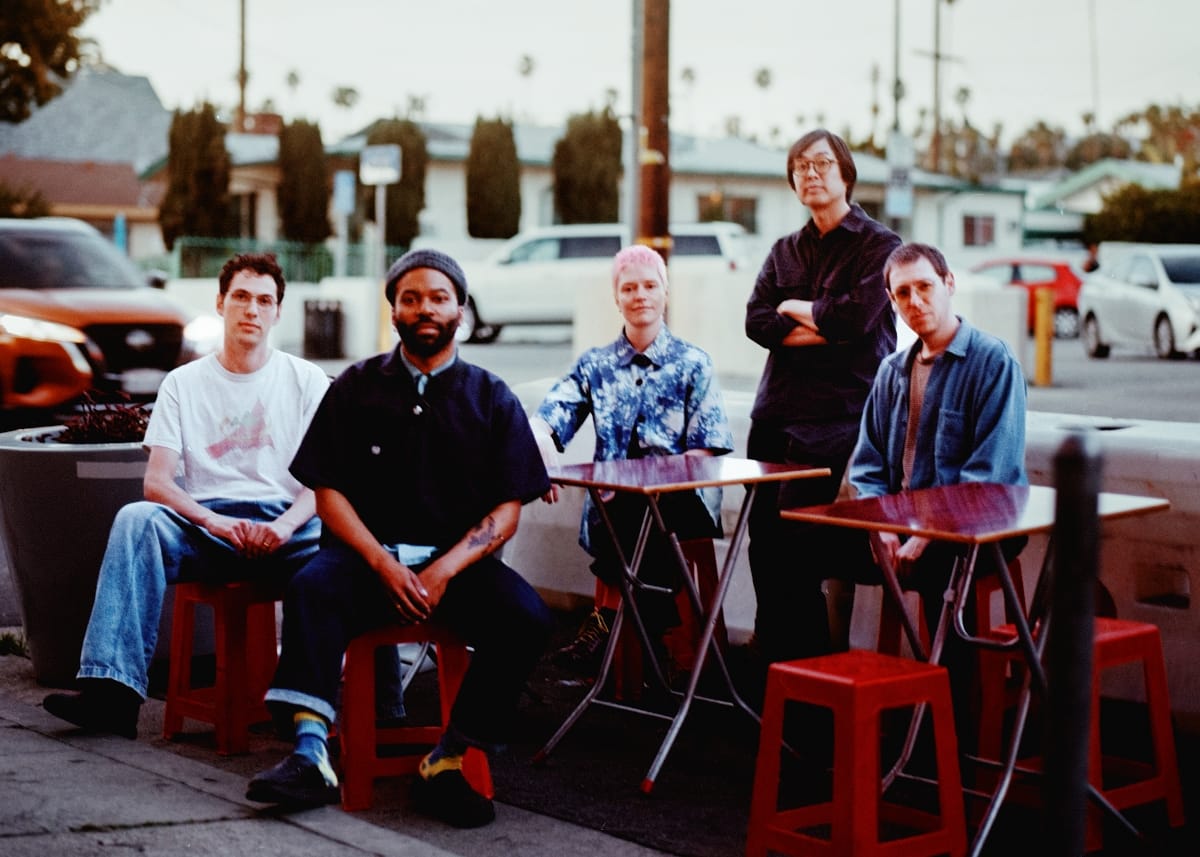
Comments